Hydration for Cyclists - the What, Why and How of Water - Sigr Science
"JUST DRINK WHEN YOU'RE THIRSTY" - IS IT THAT SIMPLE?
Well no it's not. Being thirsty means you could already be dehydrated and suffering a decrease in performance of multiple bodily functions, both physical and cognitive. As the human body is composed of around 60% water and has evolved over millions of years to depend on it, It's not surprising that looking after your fluids is an easy way to keep that wondrous machine running smoothly.
Sound scary? We thought so too. So here's a dive into hydration for cyclists.
You might think well I'm not riding the Tour de France this year, or any year for that matter so why worry about drinking?
Well, in short, drinking properly can improve your in-ride performance as well as the recovery afterwards.
WHAT HAPPENS IF I DON'T BOTHER?
One way of checking if you are dehydrated is by accurately checking short term weight fluctuations which are basically just caused by the body gaining or losing water.
A weight drop of 2% due to perspiration (sweat) will mean that you will notice physical activity is noticeably harder, you can also start to experience increased stress and forgetfulness. Performance will continue to decrease. If your fluid loss increases to 5% of your weight then you will start suffering from heat exhaustion at which point you should probably stop cycling. Any higher and things can get ugly for you very quickly.
BUT WHY DOES MY PERFORMANCE DECREASE, ACCORDING TO SCIENCE?
Some of the scientific reasons why your performance will decrease if you are dehydrated are reduction in blood volume and decreased sweat rate which will not allow your body to cool itself. This in turn causes a rise in core temperature and a nasty side effect of your body using more of that lovely glycogen energy stored in your muscles which means your lungs will be worked even harder. You get the picture, it's important.
SO HOW DO I OPTIMISE MY FLUID INTAKE IN THE BEST WAY FOR MY BODY?
MONITOR
Monitoring your hydration can be done in a few ways. By checking your weight regularly looking out for sudden (daily) changes or more simply, checking the colour of your pee. Check out the image below for what to look out for.

HAVE A GOOD BASE LEVEL OF HYDRATION
It's easier to control your hydration while training if you start from a good base. Good drinking habits are the way to do this. Drinking around 2 to 3 litres of water spread throughout the day is a good guide. Remember that coffee, tea, juice etc all are mostly water and this counts towards the daily target. This combined with keeping an eye on pee colour will get you most of the way.
DO I NEED TO DRINK BEFORE A RIDE?
If you have managed to maintain your hydration to a good level before a ride then you don't need to drink extra before a ride. A small drink before your ride may work as a psychological help, however, and cannot hurt. If you are staring a long hard session in the face then drinking 500 ml of electrolyte a few hours before you climb on your trusty bike will buffer your body with some essential salts and minerals which will be lost from sweating.
ELECTRO-WHAT?
Electrolytes are a subject for a future article but the short version is this; The fluid in your body contains all sorts of good stuff that is essential for your body to function (Thanks Evolution, we really do love you ;)).
This good stuff comes from the food we eat. Salt, potassium, calcium, and chloride are examples of electrolytes that occur in your body's fluids.
Electrolytes take on a positive or negative charge when they dissolve in your body fluid. This enables them to conduct electricity and move electrical charges or signals throughout your body. These charges are crucial to many functions that keep you alive, including the operation of your brain, nerves, and muscles, and the creation of new tissue.
SO HOW MUCH SHOULD I DRINK DURING MY RIDE?
Most of you will probably need between 500-1000ml per hour of riding assuming a medium to hard tempo.
BUT, if you want to be more scientific about it (and who doesn't?) then conducting tests to see how much fluid your body uses while cycling is the way to go.
- Weigh yourself naked.
- Ride for 60 minutes at the tempo you are testing for.
- Do not drink during the ride.
- Weigh yourself naked again after drying sweat with a towel.
- The weight loss in grammes is the water loss in ml so if your weight has dropped by 750g then the water you would need to drink to stay hydrated is 750ml/hour.
Remember though that these test results will also depend on the weather. If it's freezing cold outside like it is up here in northern Sweden most of the year :) then you will obviously sweat less. For the truly dedicated, several tests in different weather conditions will give you better data to prepare you for more conditions.
HOW OFTEN SHOULD I DRINK?
As a rough guide, drinking every 10-15 minutes will suit most rides.
SO WHAT SHOULD I DRINK ON MY RIDE?
Water is fine for rides under 60 minutes in average temperature.
For higher temperatures or longer rides, then it's important to drink an electrolyte drink to keep your body's communication channels open and working well. These drinks can be bought ready-made or in tablet form that you can just add to your water bottle.
As most top models know, water contains no calories. When you cycle, you burn calories and these calories need to be replaced. That's why when you're planning a long training ride or an intense tempo ride, including calorific intake is a must.
As a general rule, 0.5-1g of carbohydrates per kg of body weight per hour is a good level and sports drinks will have clear instructions on how to dilute to achieve the desired calories.
IS IT POSSIBLE TO DRINK TOO MUCH?
Yes. Drinking too much plain water can effectively dilute the effects of the electrolytes in the body which can decrease performance. When in doubt, follow the general rule of 500-1000ml/hour.
SHOULD I DRINK ANYTHING AFTER THE RIDE?
Recovering after a ride is super-important and there are a few options. Some swear by all-in-one recovery drinks which contain protein, carbohydrates, water and electrolytes and this a very good option. It is possible to make your own electrolyte drink from common kitchen ingredients or simply drink a glass of milk and eat a banana and maybe throw in a chocolate bar.
There is a reason that cyclists crave bacon sandwiches, cake and coffee after a ride and it is once again evolution. It wants that water, it wants those juicy carbs and salts.
Give your body cake, it's ok :)
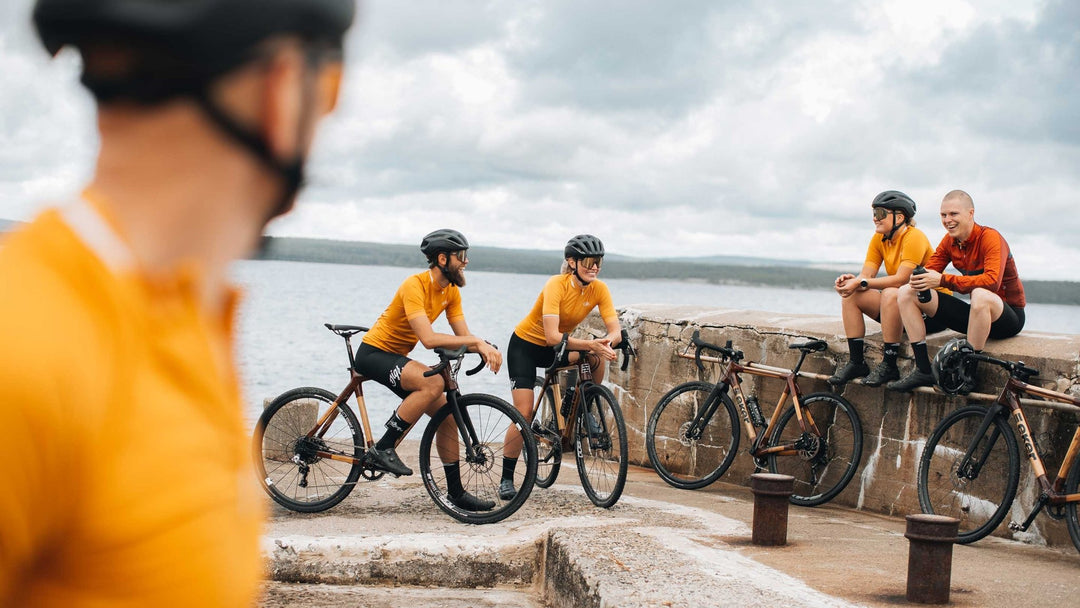
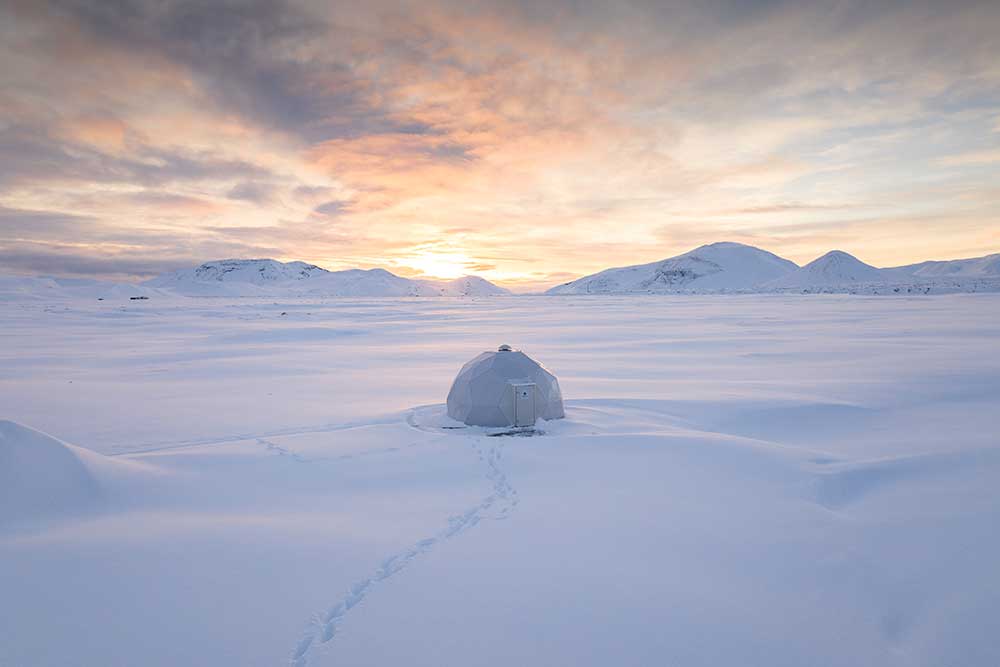
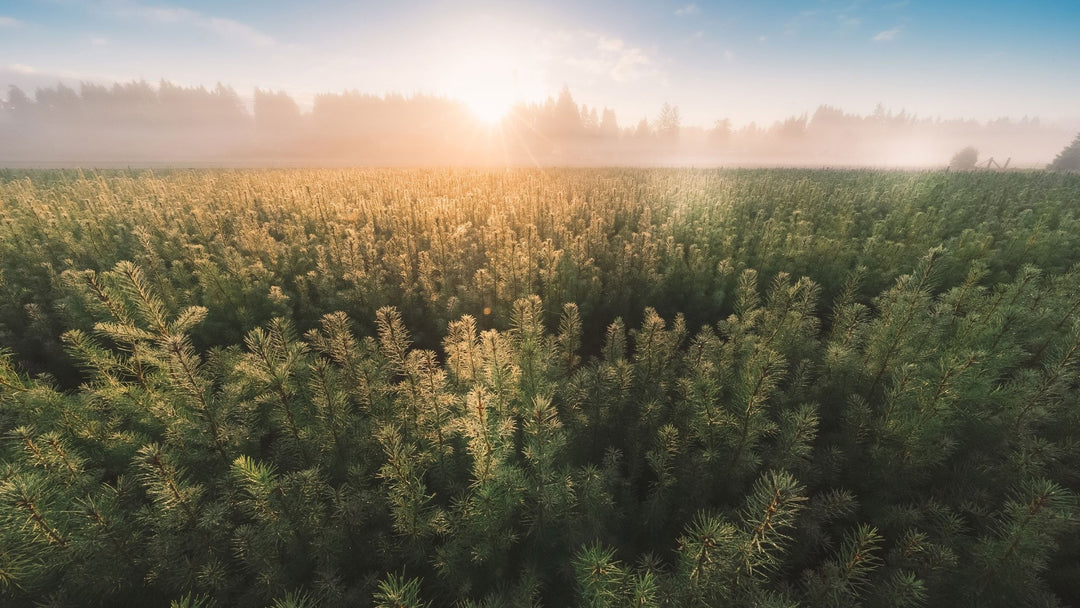
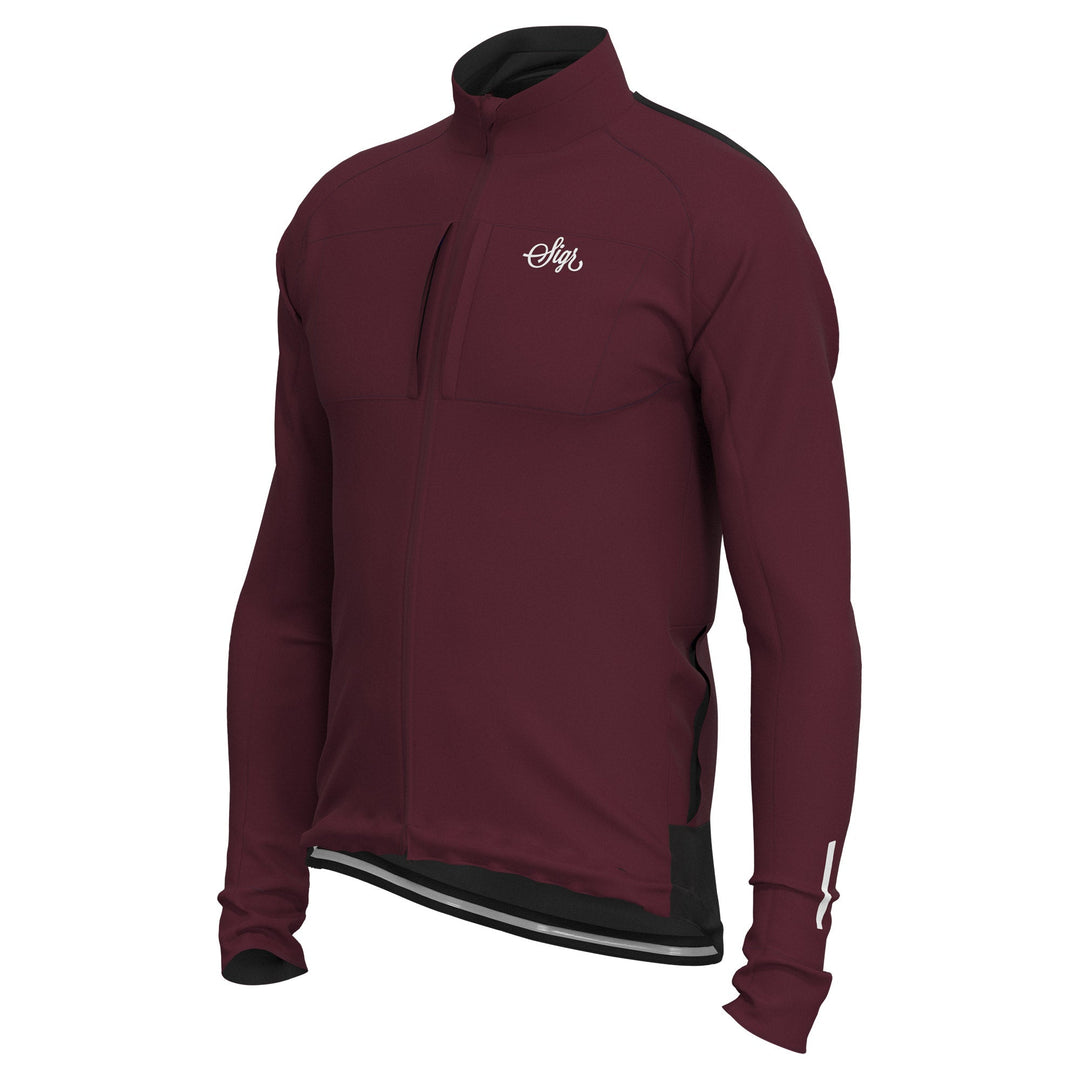
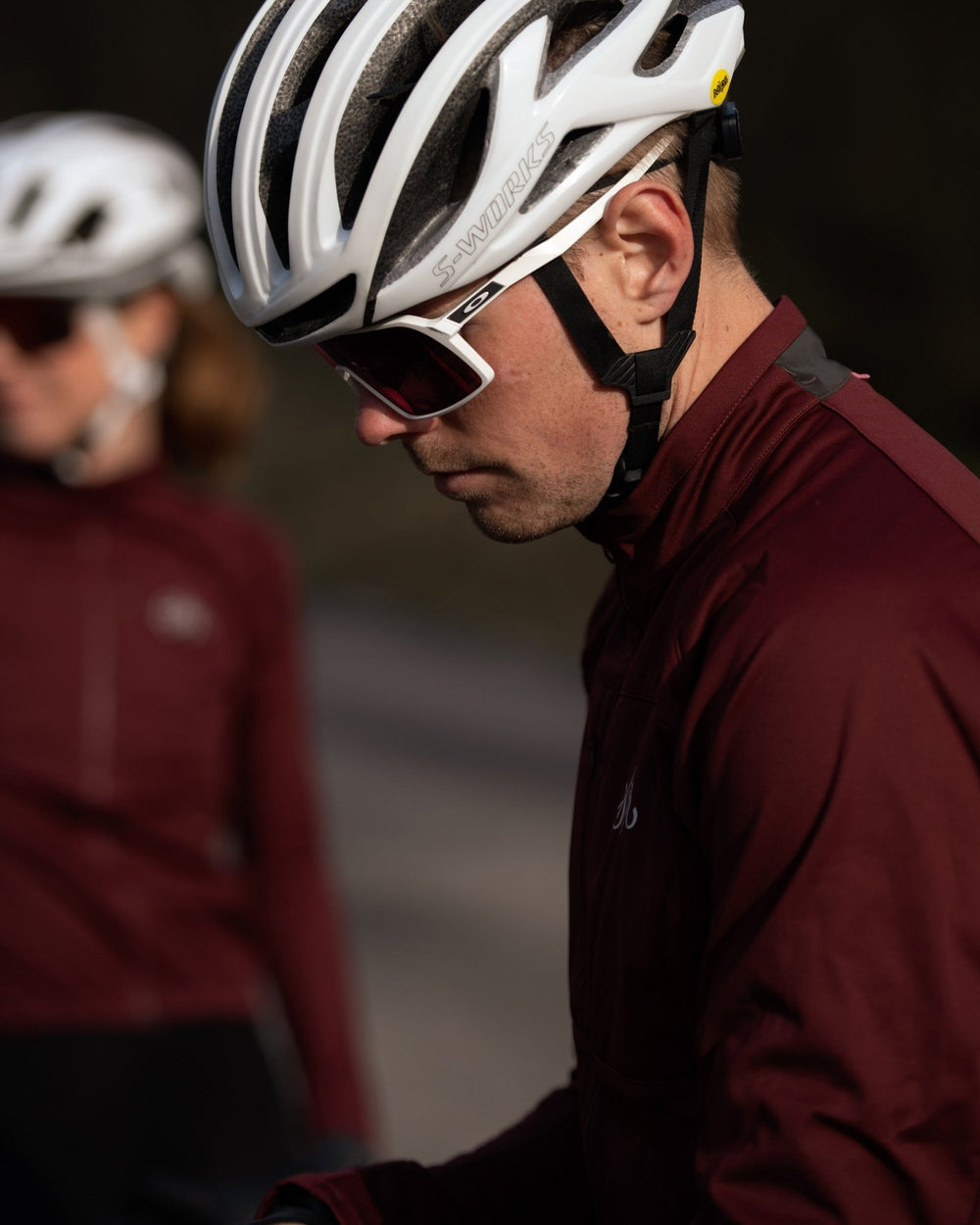
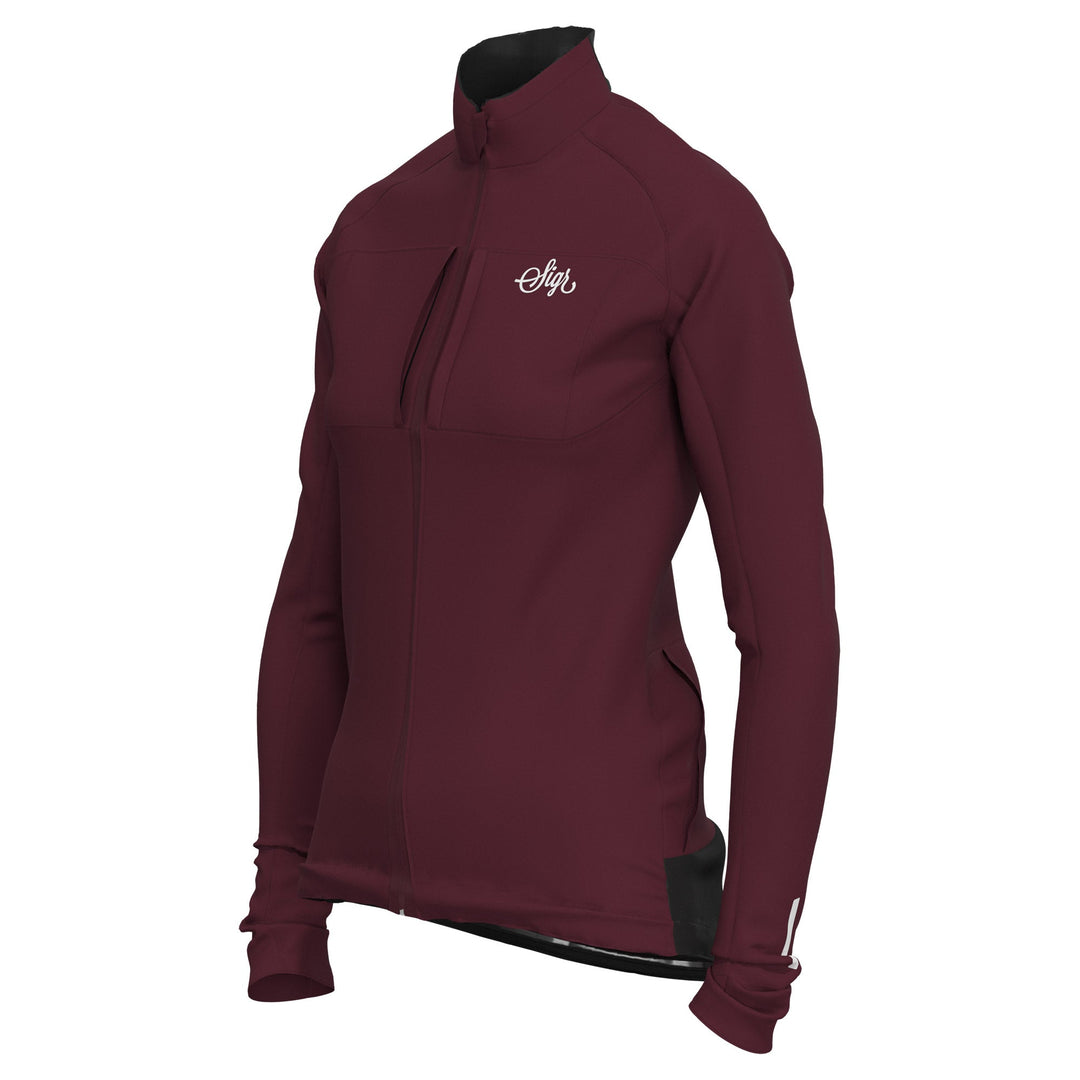
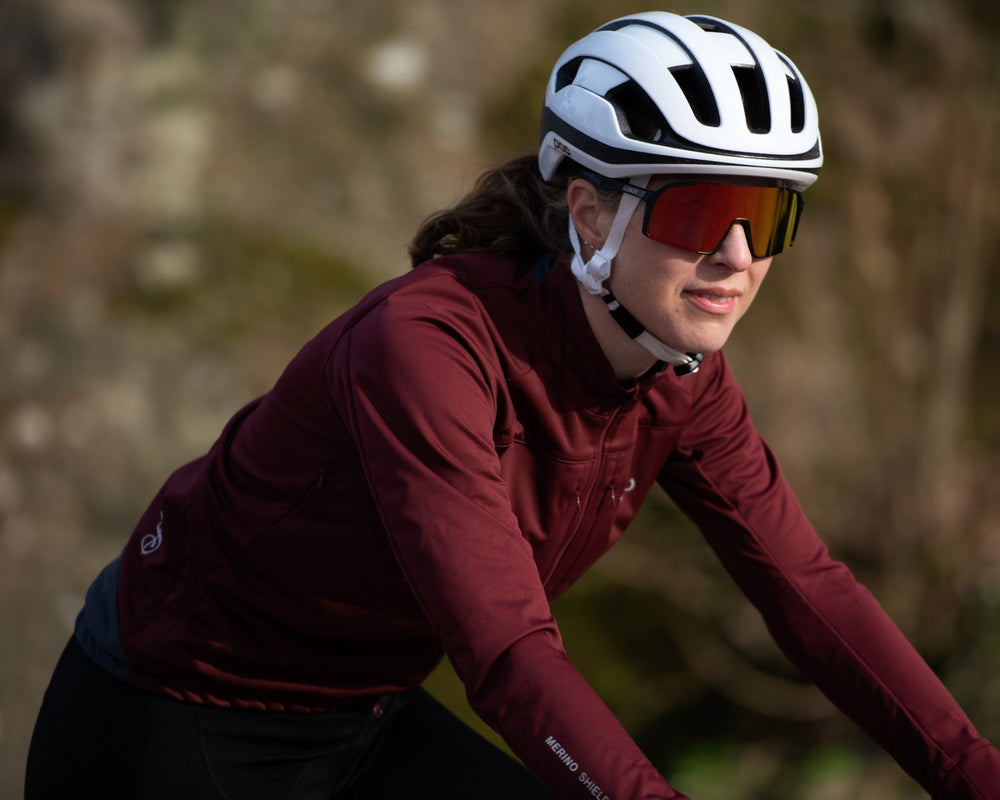
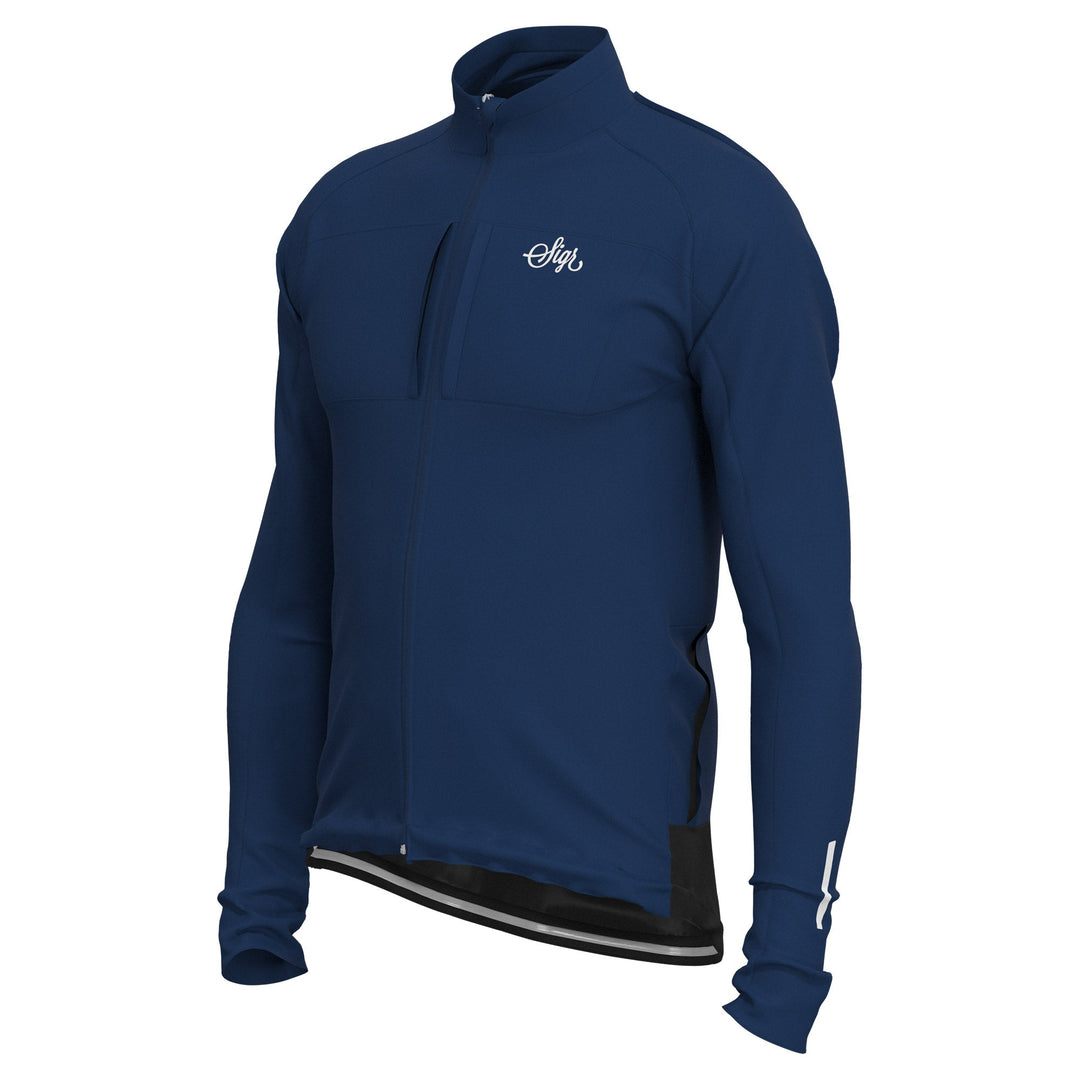
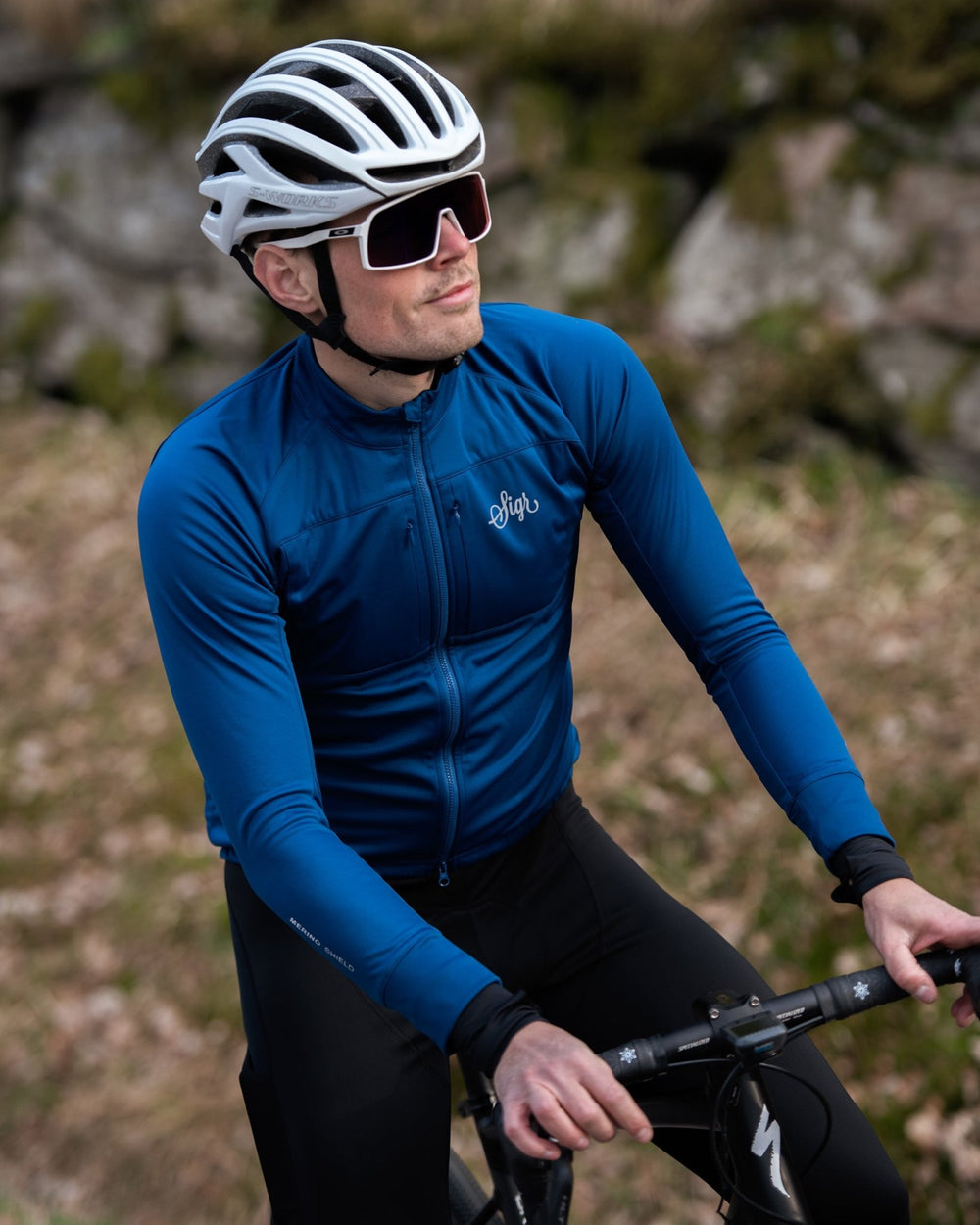
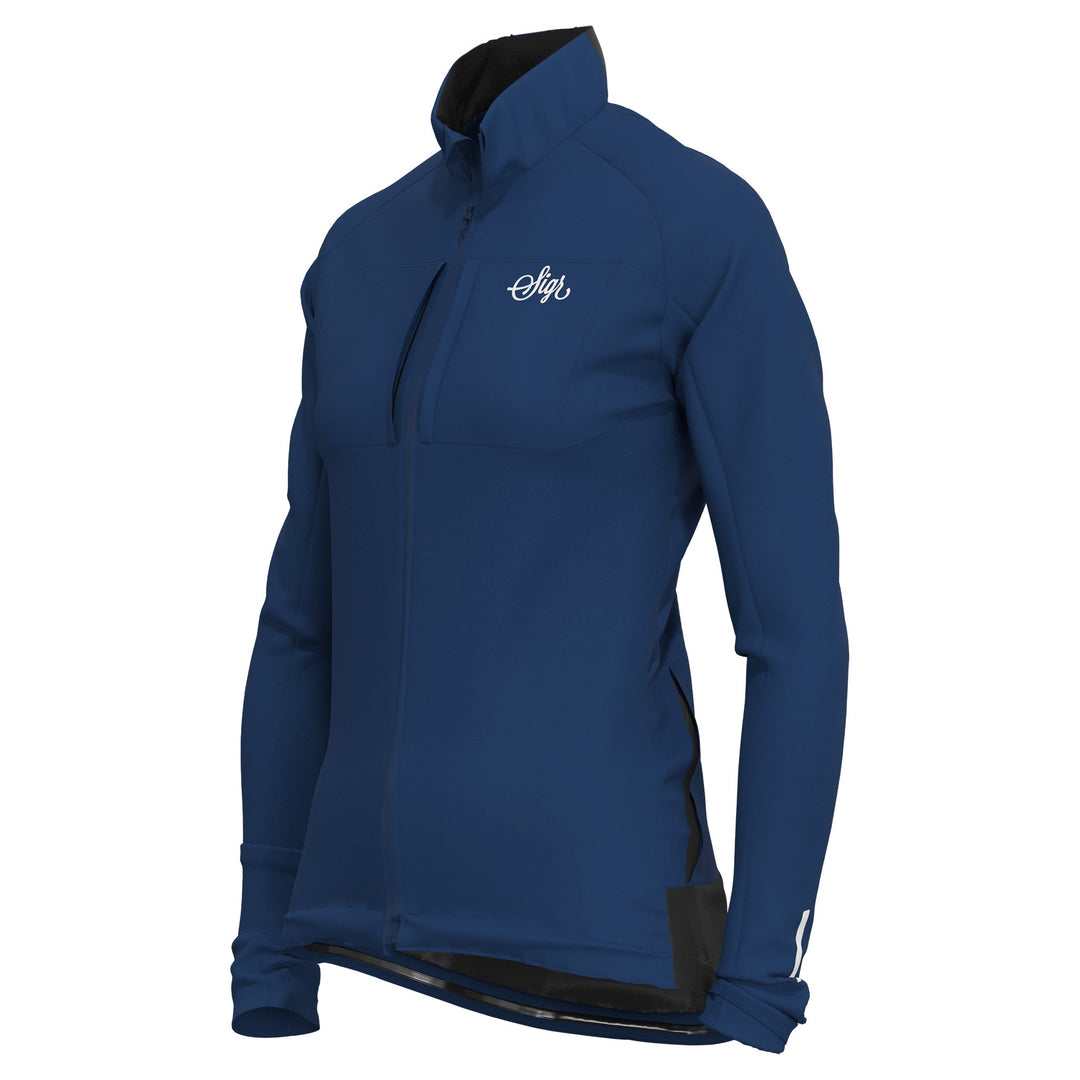
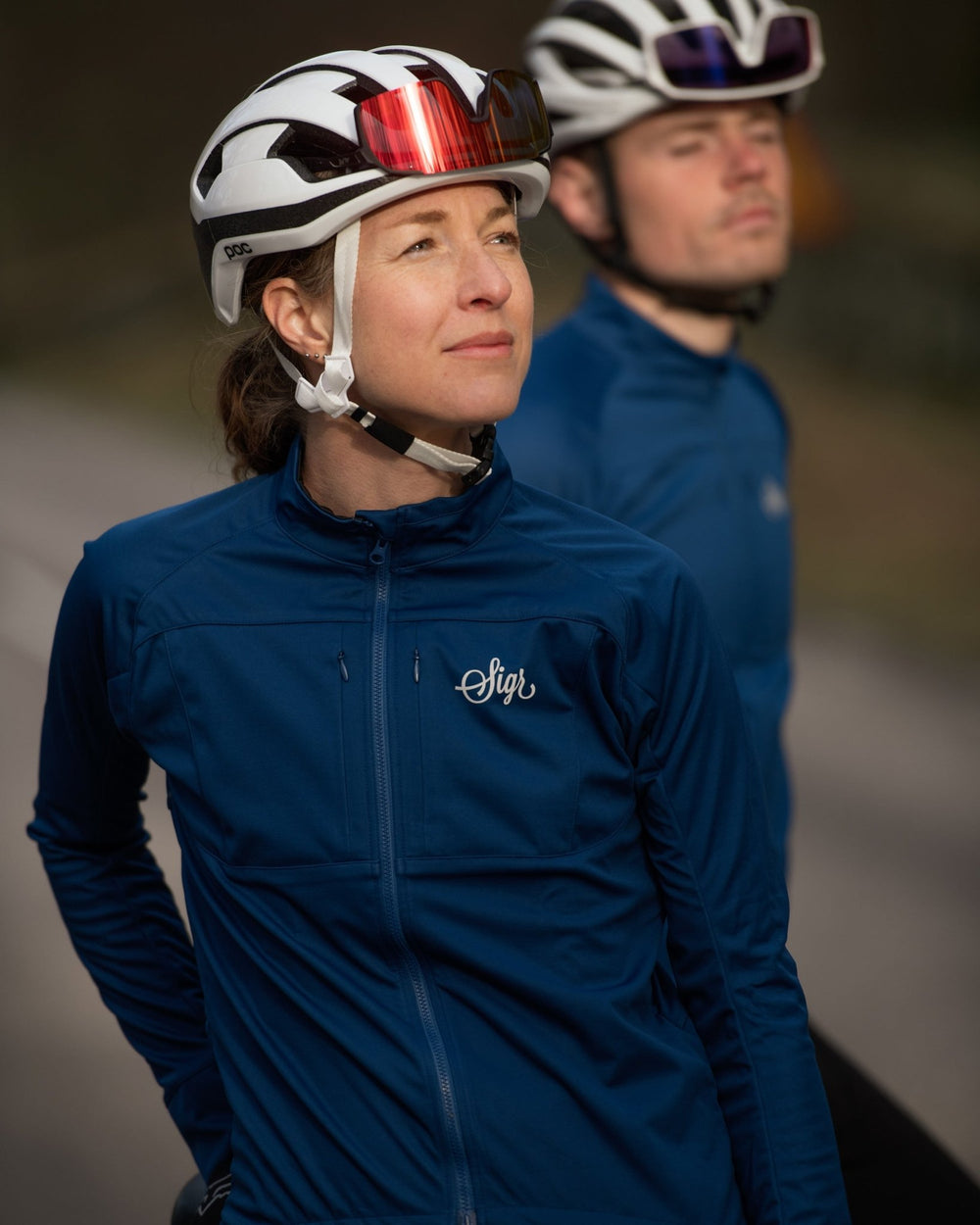
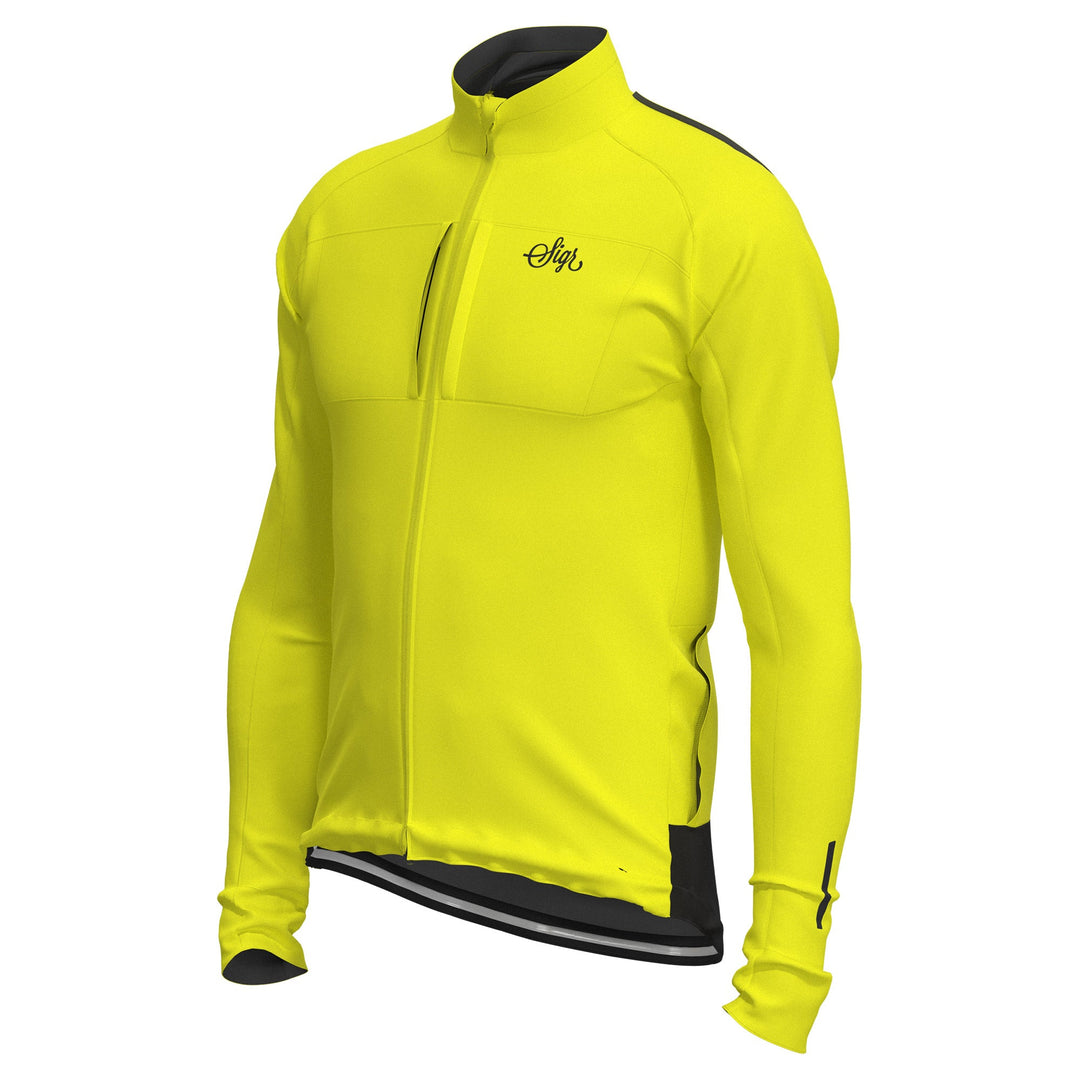
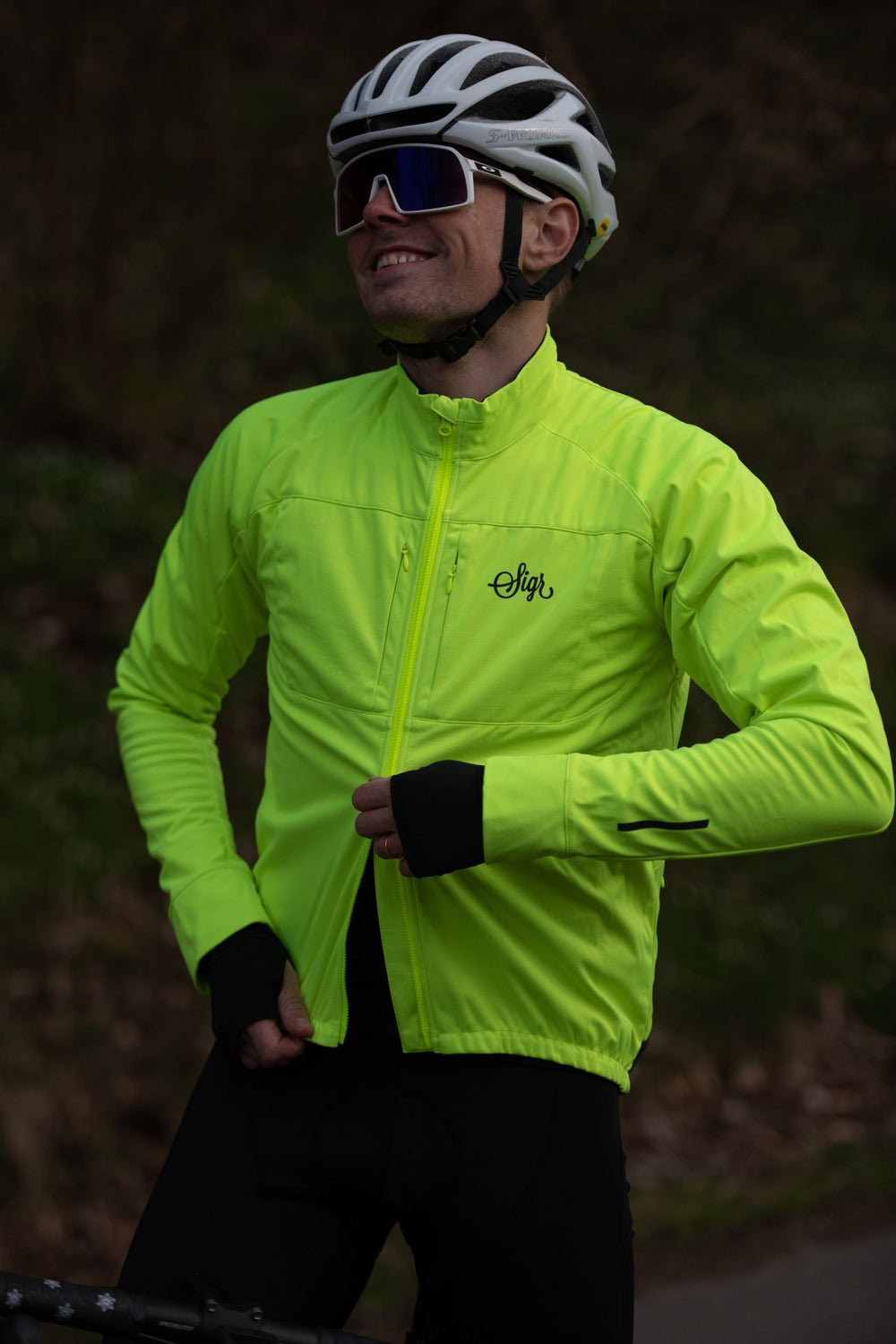
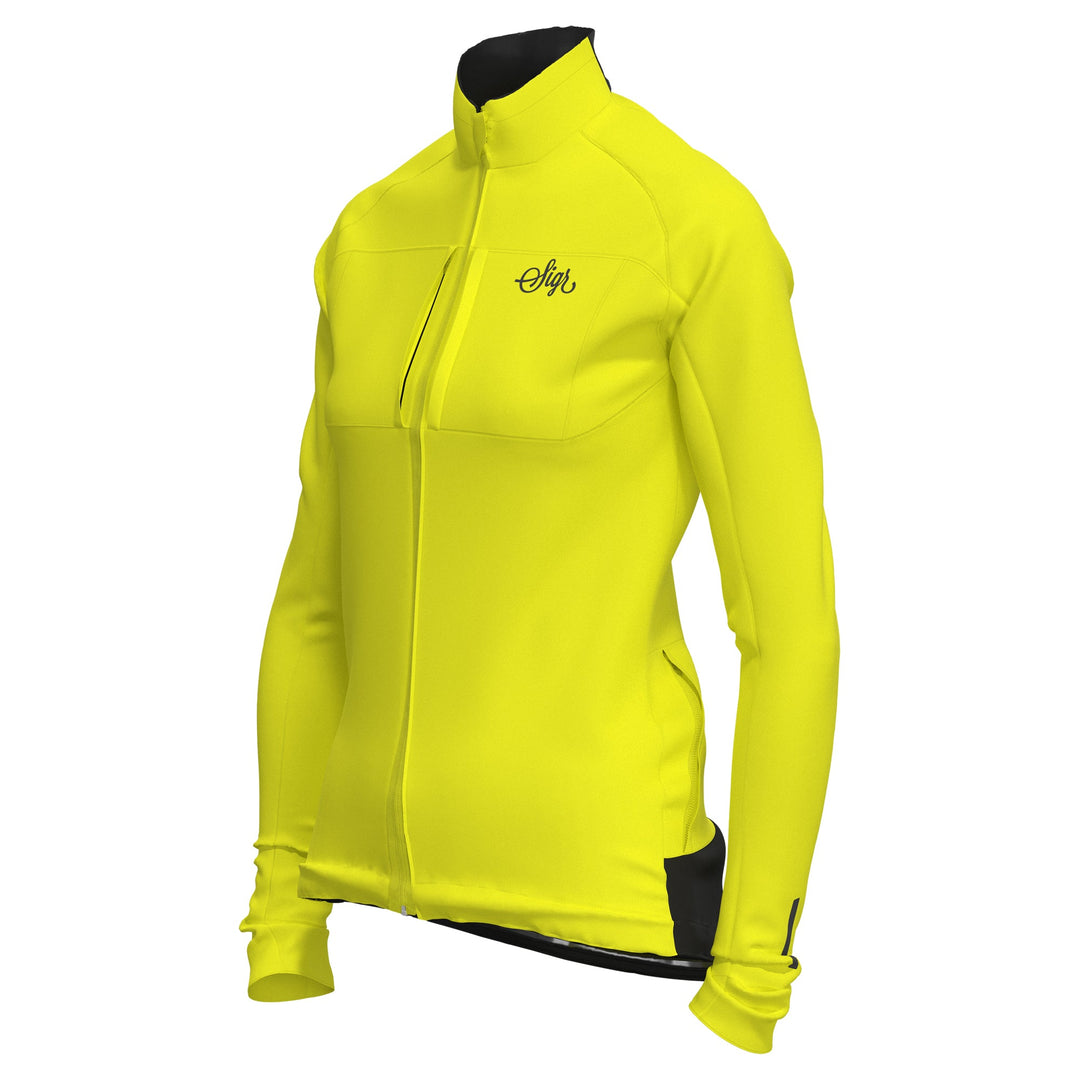
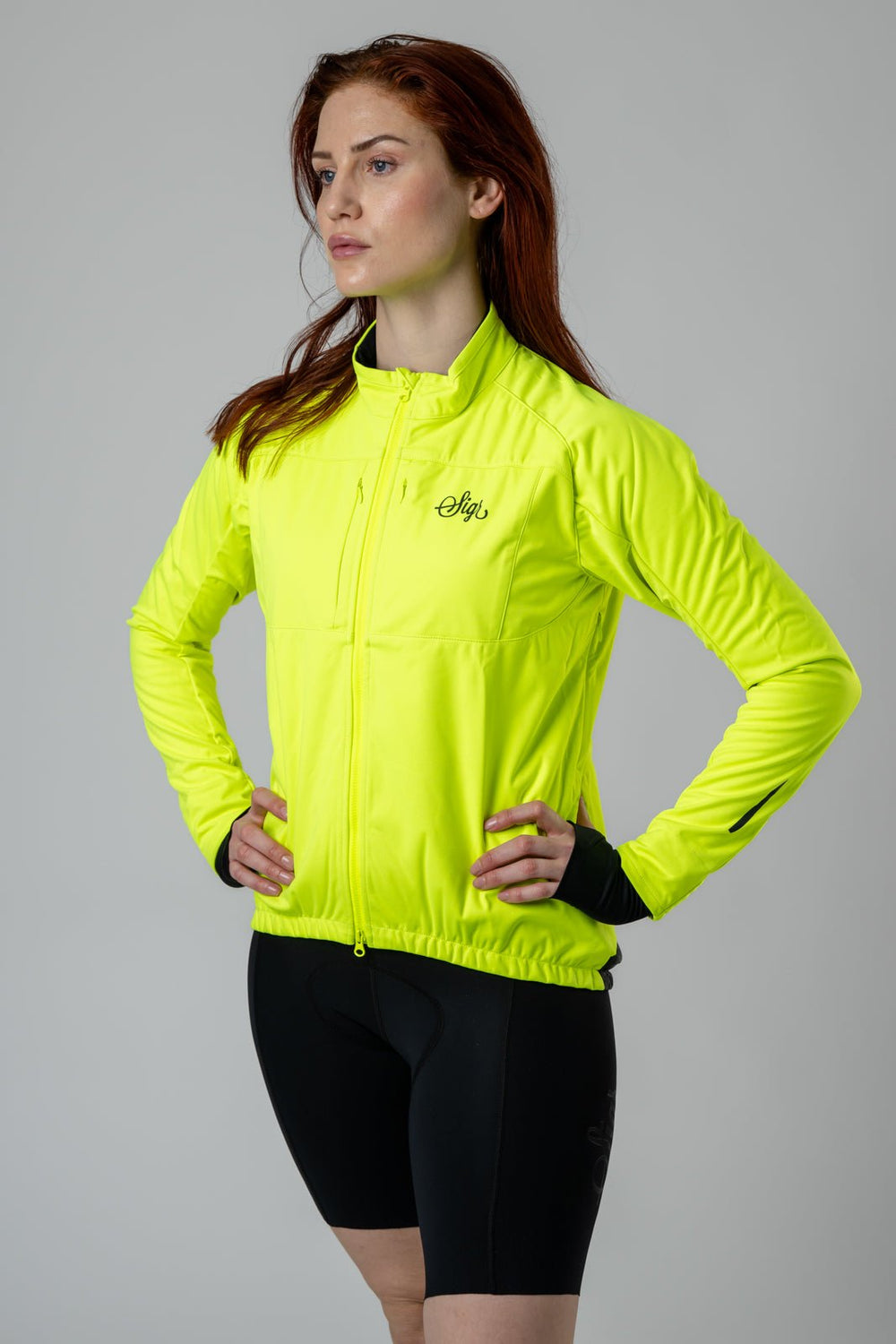
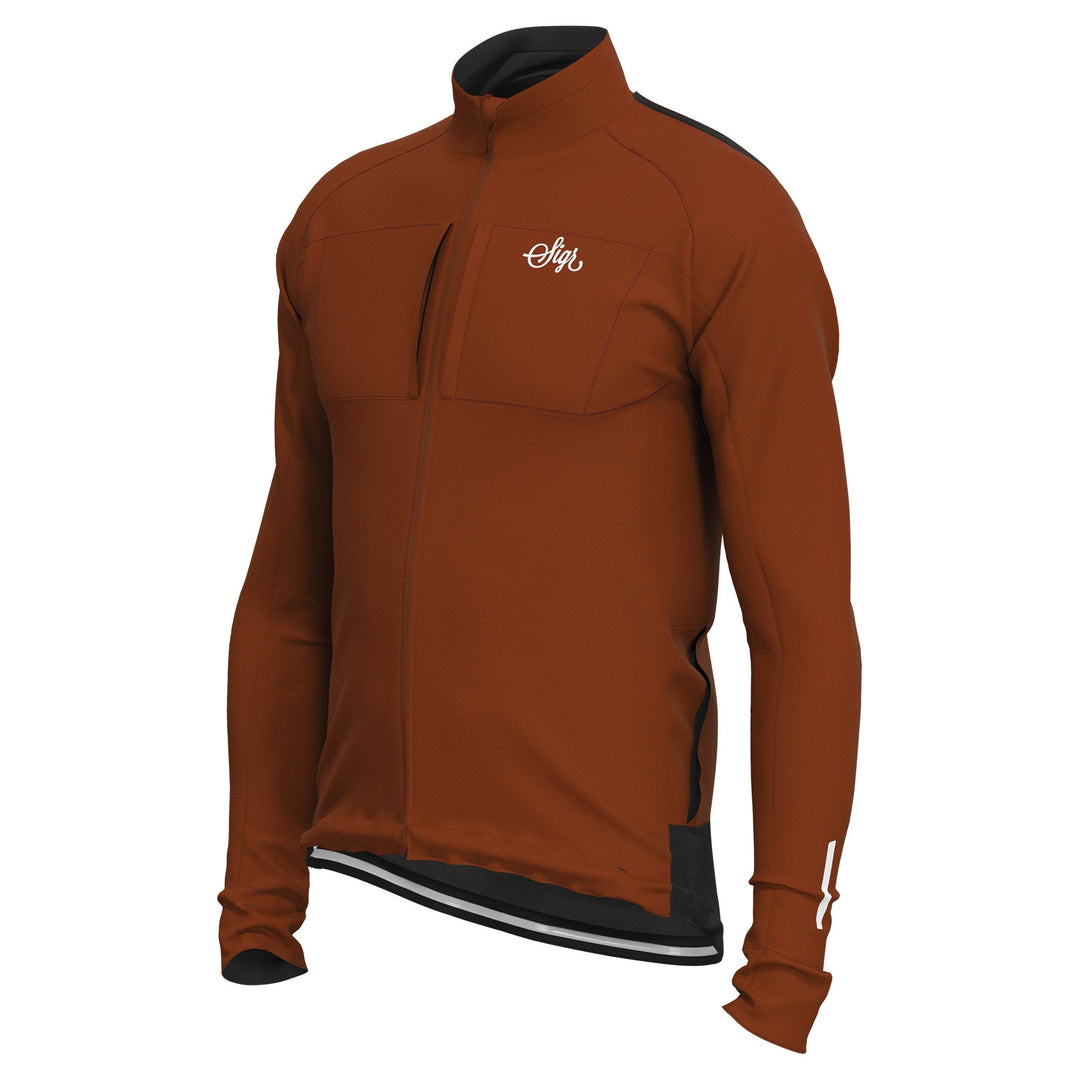
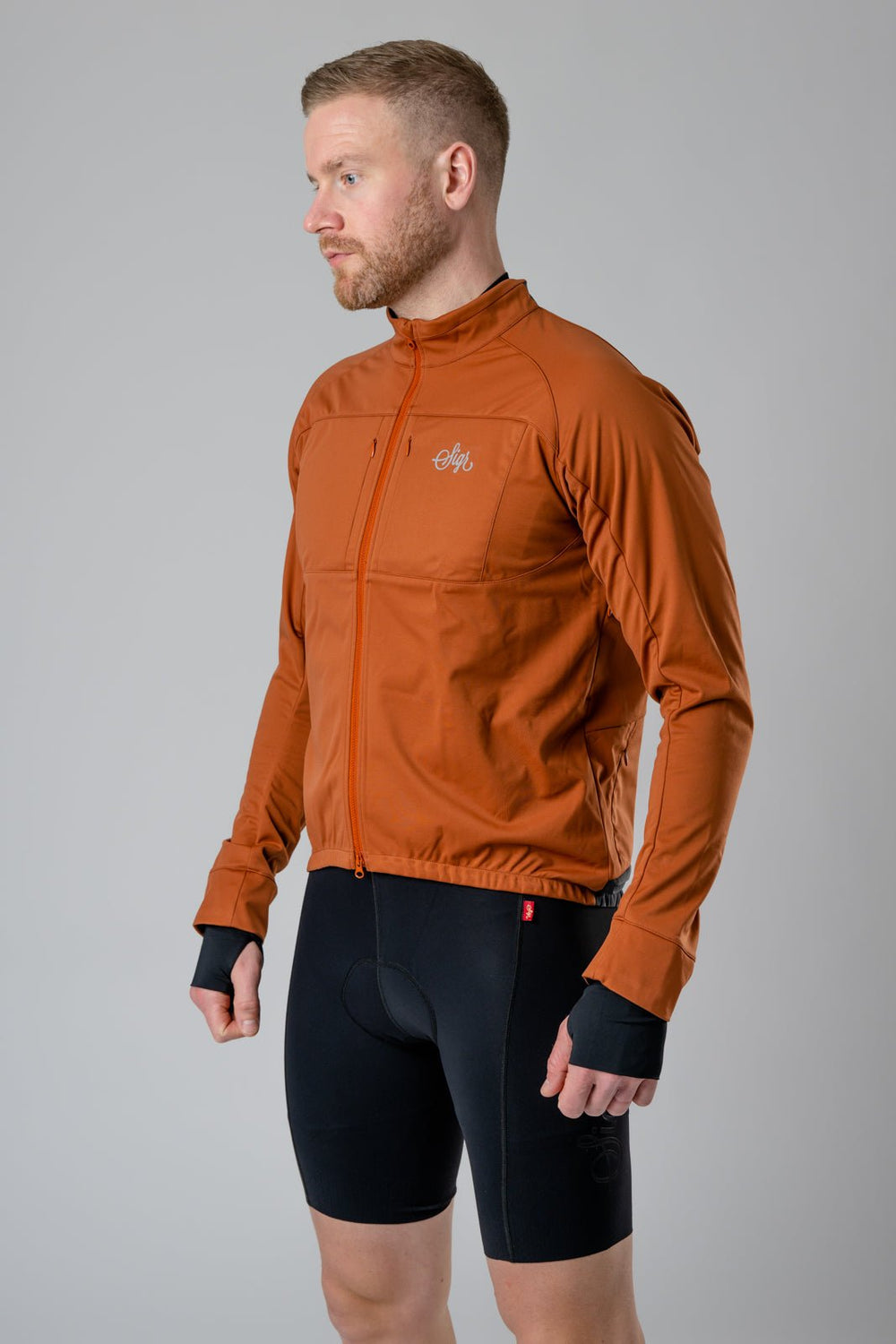
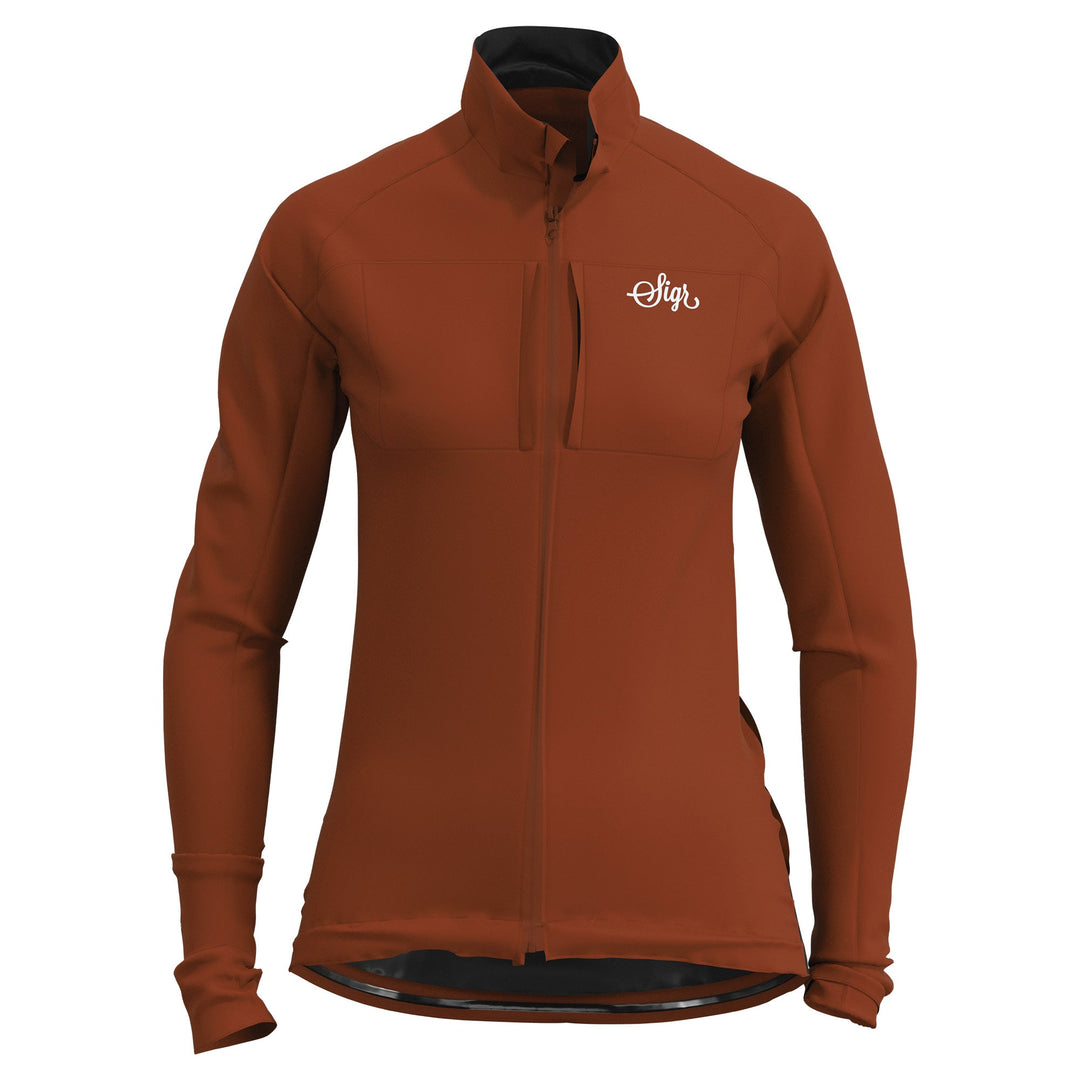
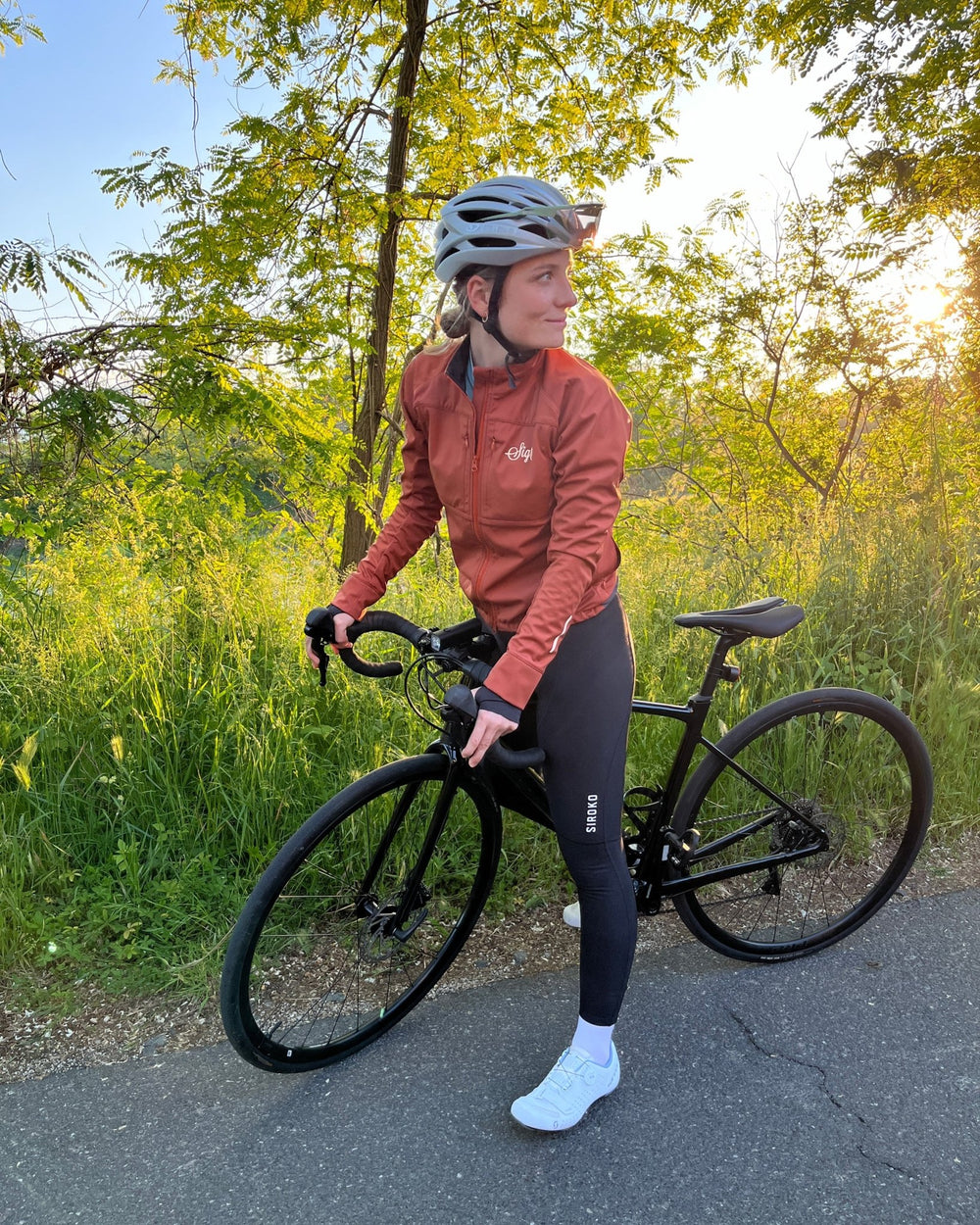
Leave a comment